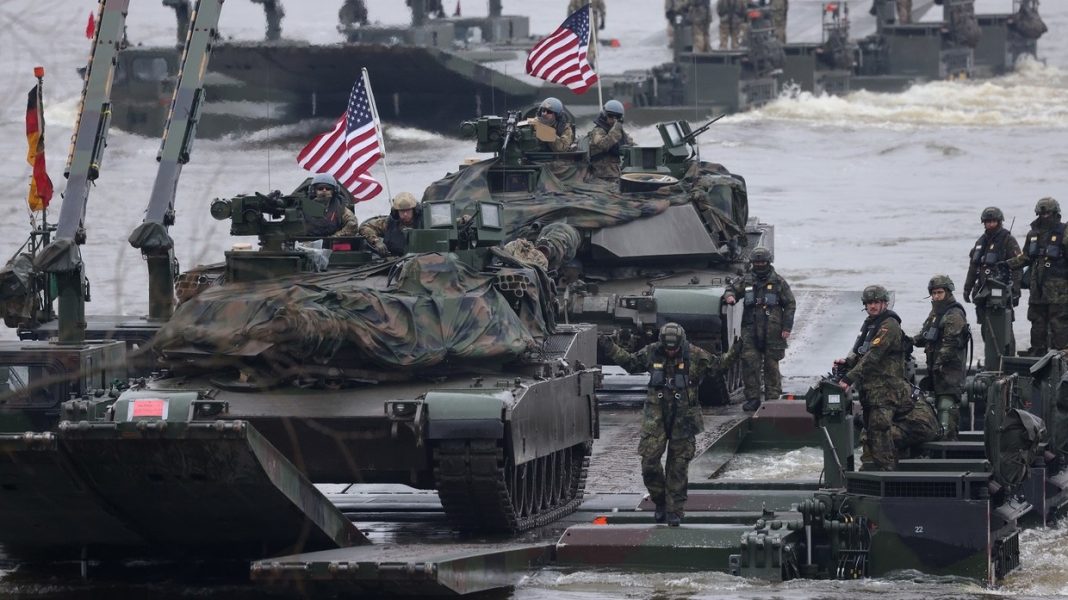Last year, members of the US-led military bloc agreed to keep 300,000 troops ready for deployment, purportedly in response to a potential Russian attack. However, training exercises have exposed red tape and infrastructure bottlenecks that prevent the rapid transfer of personnel and materiel across the continent.
NATO military leadership is therefore working to ensure that the flow of troops would not be stopped by likely Russian strikes on ports used by the US military to unload its cargos, The Telegraph daily reported on Tuesday.
“It is clear that huge logistics bases, as we know it from Afghanistan and Iraq, are no longer possible because they will be attacked and destroyed very early on in a conflict situation,” Lieutenant General Alexander Sollfrank, head of NATO’s JSEC logistics command, told the newspaper.
The primary route for American troops in the event of war with Russia would be via the Dutch port of Rotterdam to Germany and Poland, the report said. Alternative corridors from Italy, Greece, and Türkiye would respectively run through Slovenia and Croatia to Hungary and through Bulgaria and Romania. There are also plans to involve Norway, Sweden, and Finland for backup logistics.
The US and its allies have claimed that Moscow could attack NATO, and that sending arms to Ukraine to fight Russia will help stall or prevent that outcome. Moscow has denied having any such intentions, and has accused Western governments of creating false threats to deceive their populations over the Ukraine conflict.
Russian officials have described the hostilities with Ukraine as a US-initiated proxy war aimed at undermining Russian development, in which Ukrainian soldiers serve as “cannon fodder” while weapons, intelligence, training, and planning is contributed by the West.
A direct conflict with NATO would be an existential threat to Russia, according to Moscow, considering the bloc’s superiority in conventional forces. Consequently, any such clash would warrant the deployment of nuclear weapons under Russian nuclear doctrine, it has warned.
